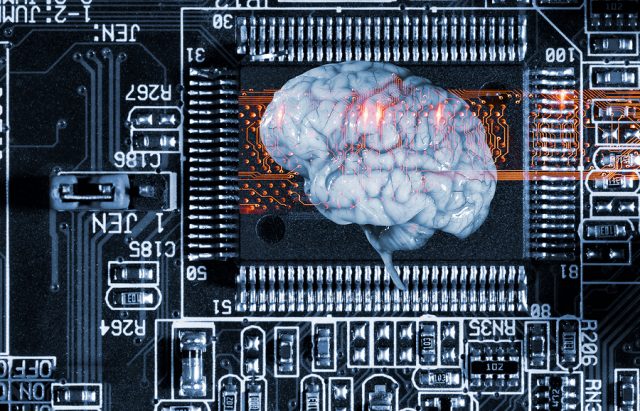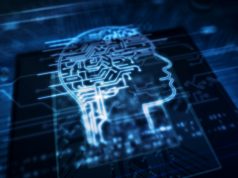A few years ago, the general public thought artificial intelligence (AI) was but a futuristic technology exclusive to science fiction. That is until DeepMind was created in 2010, an artificial intelligence (AI) company that was later bought by Google in 2014, and is now making big strides in the industry.
DeepMind currently boasts fully functioning artificial agents capable of doing human tasks like learning how to play video games as well as performing similar cognitive functions like accessing key pieces of information from a short-term memory. It sounds surreal, like something out of an Isaac Asimov novel.
These artificial agents, or programs, are using what’s called reinforcement learning (RL). This means that unlike other AI’s, these agents learn from making mistakes and later fixing them. They can develop their own pools of knowledge directly from “raw inputs, such as vision, without any hand-engineered features or domain heuristics.” And they do this through deep learning of neural networks.
Simply put, this thing is genius and it’s starting to make headway in the medical industry through advancements in diabetic retinopathy and age-related macular degeneration (AMD).
DeepMind has teamed up with Moorfields Eye Hospital NHS Foundation Trust, to implement their AI’s machine learning to analyse eye scans with greater efficiency and speed. If detected early, doctors will be able to treat and prevent these cases of blindness with a higher success rate.
This is especially important as diabetes affects 1 in 11 of the world’s adult population. And those who are diabetic are 25 times more likely to lose their eye sight. Moreover, a study found that in the UK, nearly 200 people lose sight from AMD daily. With machine learning there is the potential to greatly reduce these numbers.
It’s not all good news though, there are minor backlashes in response to DeepMind’s projects. Some are even criticising the company of unconstitutionally using people’s data without their consent.
In response, DeepMind has made it clear that they are using anonymised data, meaning the content cannot be traced. They’ve also made a statement on their site saying “we never own the data – the NHS does. And we’re bound by clear rules covering what we can do with it, which are distinct to (though equally strict as) the rules that govern our direct patient care work with the Royal Free Hospital.” Moorfields also made it clear that “patients can opt out of any data-sharing system by emailing the Trust’s data protection officer.”
Though in principle it may seem like an ethical oversight, in practice ensuring consent would be complicated and would slow down research significantly, especially when you’re gathering data at such a large scale. Regardless, patients are given options. This isn’t some Orwellian scheme to gather personal information, it’s realistically a way to benchmark this new machine learning technology.
In any case, the mere idea of an artificial intelligence being able to greatly aid medical sciences in a way that could save millions of eyes is outstanding. Though, our minds have been entrenched in the pop-culture idea that one day AI’s will control us. Let’s just hope that never happens.










